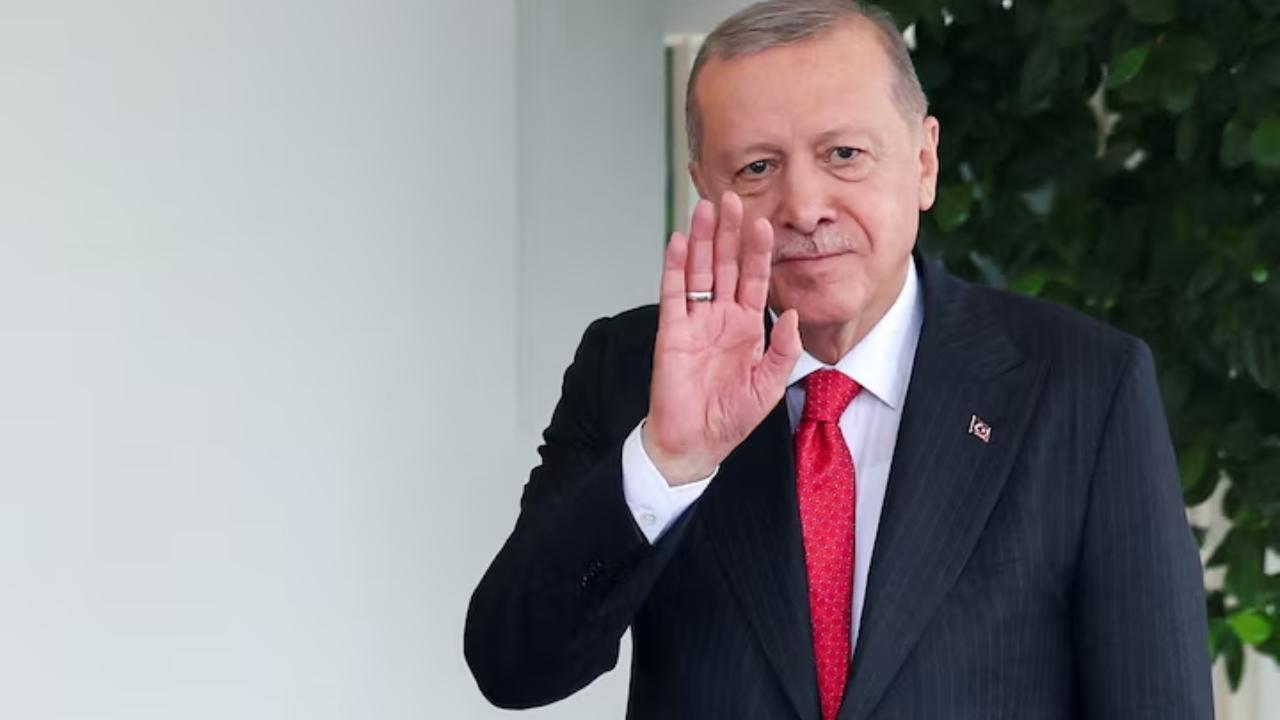
Post by : Monika
On September 30, 2025, Turkish President Recep Tayyip Erdogan publicly praised U.S. President Donald Trump for his active role in trying to end the ongoing war in Gaza.
The conflict between Israel and Hamas, which has lasted nearly two years, has caused thousands of deaths and widespread destruction. Erdogan’s remarks highlighted the international attention the peace process is receiving and Turkey’s desire for a fair and lasting solution.
President Erdogan emphasized that Trump's efforts to secure peace were commendable. According to Erdogan, the United States played a critical role in bringing Israeli Prime Minister Benjamin Netanyahu to the negotiating table. The peace plan, sponsored by the U.S., aims to end hostilities, protect civilians, and establish a framework for long-term stability in the region.
The war in Gaza began in October 2023, triggered by escalating tensions between Israel and Hamas. Since then, the fighting has caused significant casualties. Over 66,000 Palestinians and more than 1,200 Israelis have been reported dead.
The war has destroyed homes, schools, hospitals, and other infrastructure in Gaza. Thousands of families have been forced to flee their homes, leaving many living in overcrowded temporary shelters with limited access to food, water, and medical care.
Erdogan’s praise of Trump’s peace efforts reflects Turkey’s longstanding position on the Gaza conflict. Turkey has consistently criticized Israel for its military operations in Gaza, calling the attacks excessive and harmful to civilians.
Turkish officials have described some Israeli actions as a “genocide” and have repeatedly urged the international community to intervene. Turkey has also taken concrete measures, including halting trade with Israel, condemning its leadership at international forums, and pushing for a two-state solution to resolve the Israeli-Palestinian conflict.
The peace plan discussed by Trump and Netanyahu includes several key points designed to reduce violence and create a pathway for long-term peace. These provisions include:
Immediate Ceasefire: Both Israel and Hamas would agree to stop all military actions to prevent further loss of life. This step is considered crucial for creating a safe environment where humanitarian aid can reach civilians who are suffering from food and water shortages.
Hostage Exchange: All hostages held by Hamas would be released, and in return, Israel would free Palestinian prisoners. The prisoner release aims to build trust between the parties and show that compromise can be achieved for the sake of peace.
Israeli Troop Withdrawal: Israeli forces would gradually pull back from Gaza under international supervision. This measure would allow normal life to return to communities affected by the fighting and reduce civilian casualties.
Hamas Disarmament: Hamas would be required to give up its weapons and stop all military operations. Disarmament is considered essential for preventing future conflicts and creating a more secure environment for both Palestinians and Israelis.
Transitional Government: An internationally supervised governing body would temporarily manage Gaza. This government would work on rebuilding infrastructure, maintaining security, and providing essential services, such as electricity, water, and healthcare.
Despite Israel’s acceptance of the peace plan, Hamas’s response remains uncertain. Officials from Qatar and Egypt are acting as mediators, trying to facilitate dialogue between Hamas and the other parties. Erdogan expressed hope that Hamas would respond positively to the proposal, stressing that all parties need to cooperate for the peace plan to succeed.
Turkey has also been actively engaging with regional partners to support the peace efforts. Turkish Foreign Minister Hakan Fidan has held talks with representatives from Saudi Arabia, Qatar, and Jordan to coordinate international support for the plan. These discussions aim to ensure that the plan is fair, respects the rights of civilians, and can be successfully implemented on the ground.
Erdogan’s comments underscore Turkey’s commitment to helping achieve a fair and lasting peace. He stated that international cooperation is necessary to resolve conflicts in Gaza and emphasized the importance of addressing the humanitarian needs of civilians.
Thousands of people in Gaza are currently displaced and in urgent need of food, water, medical care, and shelter. Humanitarian organizations have been working tirelessly to provide aid, but the ongoing fighting has made it difficult to reach many affected areas.
The conflict has also affected Israel. Communities near the Gaza border live under constant threat from rocket attacks. Schools have been closed, workplaces disrupted, and civilians must often take shelter from incoming attacks. The Israeli military has been conducting targeted operations against Hamas, aiming to neutralize threats while minimizing harm to civilians. However, the ongoing violence has caused significant psychological and social strain for residents.
International reactions to the peace plan have been mixed. Many countries and organizations, including the United Nations, have welcomed the U.S.-backed initiative as a step toward ending the conflict.
They have emphasized the importance of a ceasefire and the safe delivery of humanitarian aid to Gaza. At the same time, some critics argue that the plan does not fully address the long-term political concerns of the Palestinians, particularly if Hamas is not included in governance decisions.
The humanitarian situation in Gaza remains critical. Hospitals are overcrowded, medical supplies are limited, and many families struggle to find clean water and adequate food. Children, the elderly, and people with disabilities are especially vulnerable. Humanitarian groups are calling for urgent access to all areas of Gaza to prevent further suffering and potential loss of life.
Economically, Gaza has been devastated by the conflict. Businesses have closed, unemployment is extremely high, and access to essential services is limited. Rebuilding the region will require substantial international assistance, strong governance, and cooperation between all parties involved.
Erdogan highlighted that a lasting solution will need to consider both security and humanitarian concerns. He praised Trump’s efforts to bring Israel to the negotiating table and expressed hope that the peace plan could serve as a foundation for rebuilding Gaza. Erdogan also stressed that Turkey will continue to support international efforts to ensure justice, fairness, and stability in the region.
The next few weeks are seen as critical for the peace process. Hamas’s response will largely determine whether the plan can move forward. If Hamas rejects the proposal, there is a risk of continued violence, which could exacerbate the humanitarian crisis. On the other hand, acceptance could lead to a ceasefire and create conditions for long-term reconstruction and reconciliation.
Turkey’s involvement in the peace process reflects its role as a regional mediator and its concern for the well-being of civilians in Gaza. Erdogan’s support for Trump’s plan signals a willingness to work with international partners to achieve a solution that is acceptable to all sides.
In addition to political negotiations, rebuilding Gaza will require coordinated efforts from the international community. Infrastructure, hospitals, schools, and homes have been severely damaged, and restoring these services is essential for returning normal life to the population. Humanitarian aid, funding for reconstruction, and monitoring of security arrangements will all play a key role in the success of the peace plan.
The conflict in Gaza has also raised broader questions about regional stability. Countries in the Middle East, including Jordan, Egypt, and Saudi Arabia, are closely monitoring the situation. Many of these countries have offered to mediate or provide support for humanitarian aid, reflecting the international stakes of resolving the conflict.
For ordinary civilians in Gaza, the situation remains dire. Many families have been living in temporary shelters for months, and access to basic necessities is limited. Erdogan has emphasized that international cooperation is vital to ensure that aid reaches those who need it most. He also highlighted that ending the fighting is the first step toward improving living conditions for civilians.
In Israel, citizens continue to face the threat of rocket attacks and uncertainty about the future. Communities near Gaza are living under heightened security measures, and daily life has been severely disrupted. Schools, businesses, and public services have been affected, highlighting the urgent need for a peaceful resolution.
Overall, Erdogan’s praise of Trump’s leadership highlights the importance of international cooperation in resolving complex conflicts. The U.S.-backed peace plan offers a framework for ending the fighting, addressing humanitarian needs, and laying the groundwork for long-term stability in Gaza. However, its success will depend on the willingness of all parties, particularly Hamas, to engage in negotiations and comply with the agreed terms.
The coming days will be crucial. International organizations, governments, and humanitarian agencies are closely monitoring the situation. The hope is that through dialogue, compromise, and coordinated action, a ceasefire can be achieved, paving the way for a lasting peace that benefits both Palestinians and Israelis.
Turkey’s role in supporting the peace process demonstrates its commitment to regional stability and the protection of civilian lives. Erdogan has called on all parties to prioritize humanitarian concerns and work toward a fair and equitable solution. By highlighting Trump’s efforts, Erdogan also underscores the importance of strong international leadership in resolving conflicts that affect millions of people.
In conclusion, the situation in Gaza remains serious but presents an opportunity for positive change. Erdogan’s recognition of Trump’s peace efforts reflects international support for diplomatic solutions and the urgency of addressing civilian needs. The coming weeks will determine whether the U.S.-backed peace plan can succeed, offering a path toward reducing violence, rebuilding Gaza, and fostering long-term peace in the region.
Turkey Recep Tayyip Erdogan Donald Trump,
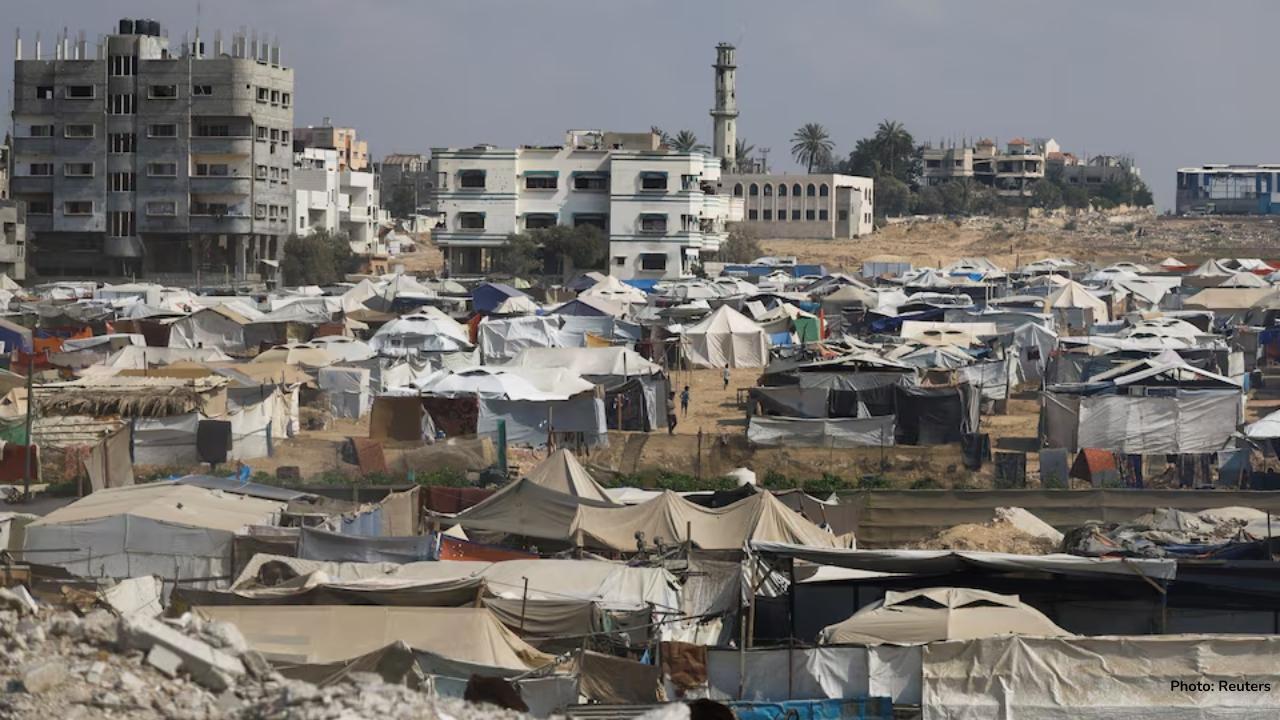
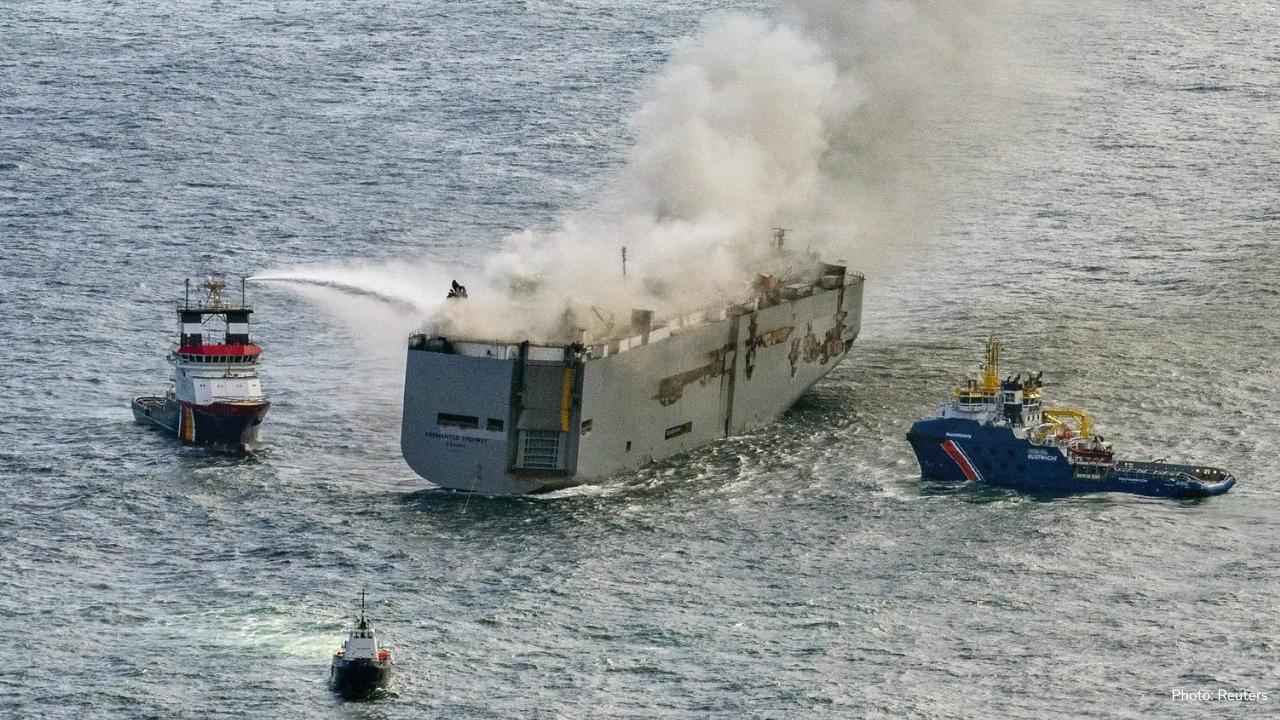

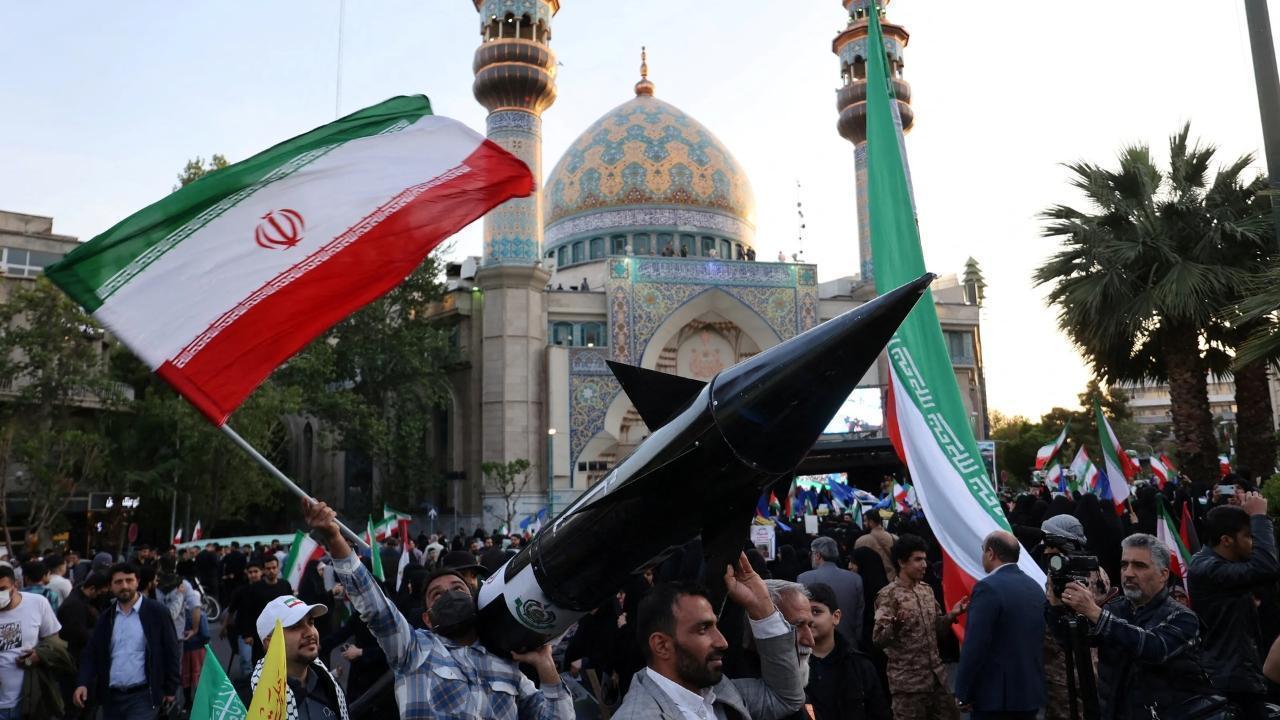
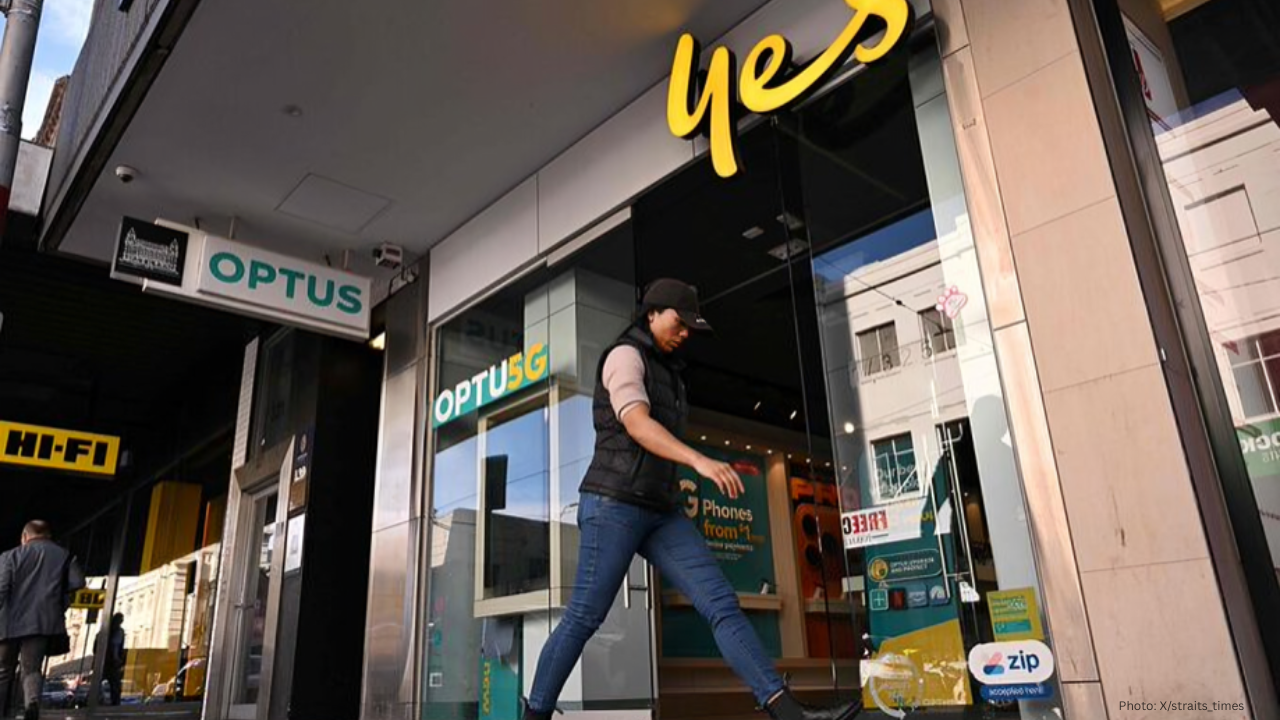
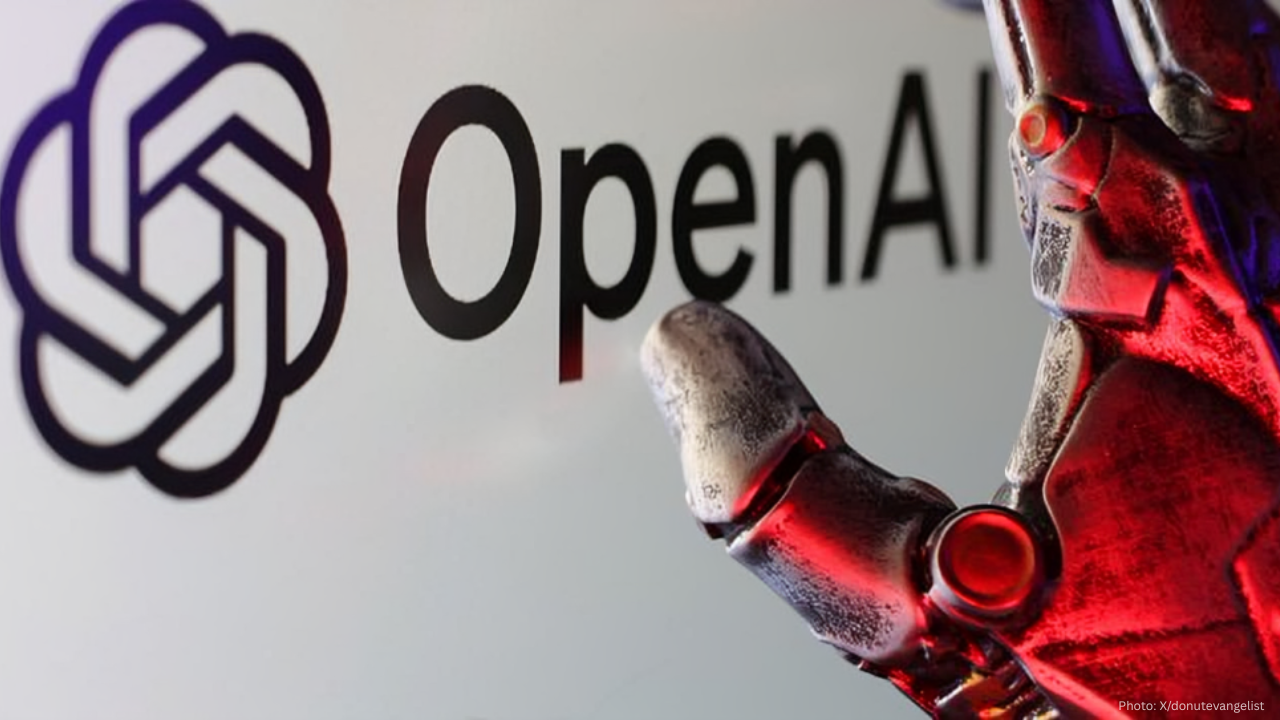

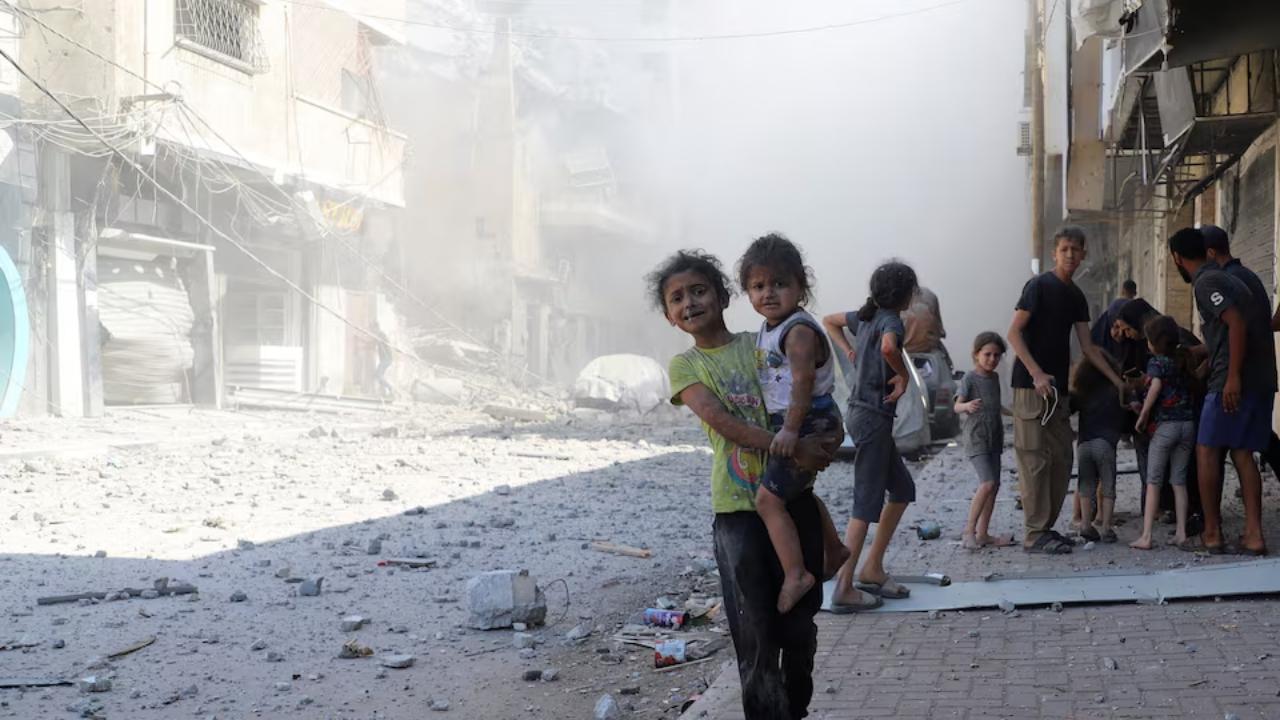


Palestinian Authority's Role in UN Two-State Plan Explained
UN-backed plan outlines Palestinian Authority's role in Gaza governance, peace efforts, and state-bu

Dutch Ship Hit by Explosion Near Yemen, Crew Rescued
Dutch-flagged cargo ship Minervagracht attacked near Yemen's Aden; two crew injured, vessel on fire,

UAE Urges Netanyahu to Support Trump’s Gaza Peace Plan
UAE calls on Netanyahu to back Trump's Gaza peace plan and warns against West Bank annexation, empha

US Deports 100 Iranians After Agreement with Tehran
The U.S. has deported 100 Iranians to Iran following a deal with Tehran. A U.S. flight departed from

Trump and Blair Lead New Gaza Peace Plan
U.S. unveils peace plan for Gaza with Trump and Blair leading. Hamas excluded. Plan includes ceasefi

Erdogan Praises Trump's Efforts to End Gaza War
Turkey's Erdogan commends Trump's leadership in securing Gaza peace deal. Hamas's response pending.